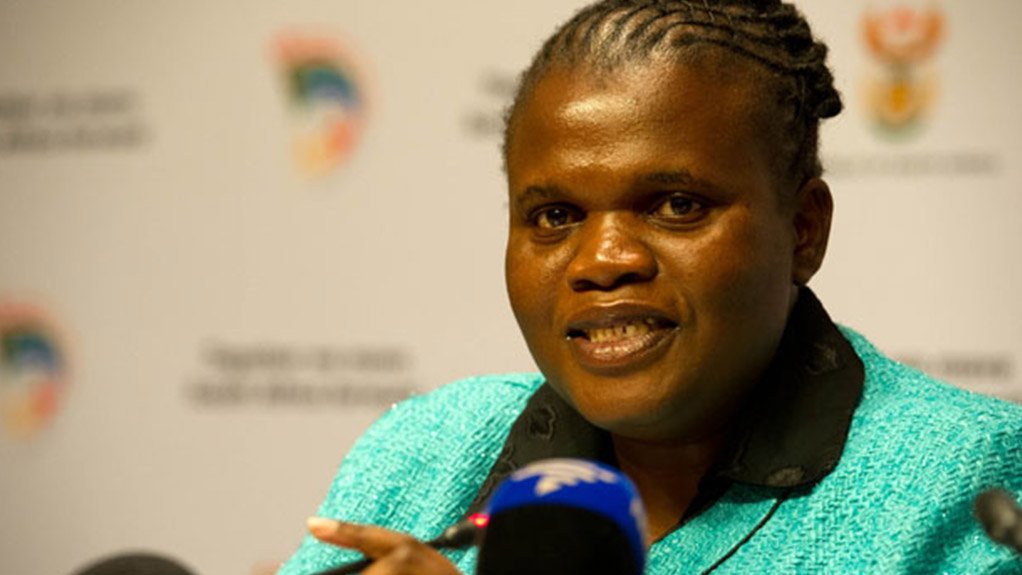Two weeks after South Africa missed the deadline to transition from analogue to digital terrestrial television (DTT), Communications Minister Faith Muthambi said no interference had been recorded while the Department of Communications (DoC) firmed up its switch-off dates.
Muthambi this week assured that, although no date had been set, the long-awaited digital migration would be concluded within the next two years.
This followed the lifting of South Africa’s protection over its broadcasting transmissions by the International Telecommunications Union (ITU) on June 17, leaving television viewers open to frequency disruptions and signal interference.
Much of the immediate risk had been limited through several engagements and agreements of cooperation signed with Botswana, Lesotho, Swaziland and Mozambique, while agreements with Namibia and Zimbabwe were currently being finalised.
SANews quoted Muthambi as saying that the date to migrate from analogue to digital broadcasting signals would be announced once “all systems were in place”, including the manufacture and distribution of five-million government-subsidised set-top boxes (STBs) to South Africa’s poorest television-owning households.
Further, e.tv’s withdrawal of its legal action over the STB controls would allow the department to “speed up” the digital migration process.
“It is now public knowledge that court cases filed by media houses in the country have contributed to the delay,” Muthambi said.
Meanwhile, government had made steady progress towards making digital radio broadcasting in South Africa a reality, with plans under way to develop a roadmap for a regulatory framework, policy proposals and commercial model for digital radio in South Africa.
“Even though we have not migrated to DTT, this has not prevented government from taking concrete steps to introduce digital radio broadcasting,” Muthambi commented.
State-owned signal distributor Sentech and various stakeholders, including the National Association of Broadcasters and the Southern African Digital Broadcasting Association, were currently undertaking trials with the aim of providing the Independent Communications Authority of South Africa with a joint technical report on digital radio broadcasting, while mapping out operational issues and testing technical functionality.
Digital Audio Broadcasting, or DAB+, the trials of which would be concluded in October, was a digital replacement for the analogue FM band, while Digital Radio Mondiale, or DRM, would replace the medium-wave or AM band.
Government aimed to start engagements with various stakeholders on the policy proposals after the conclusion in November of the ITU World Radio Communication Conference.
“Once we are sure of our case studies and cost benefit analysis, we will launch digital radio in South Africa. It is clear … that we are on the right track towards laying a strong foundation for the smooth introduction of digital radio broadcasting,” Muthambi concluded.
EMAIL THIS ARTICLE SAVE THIS ARTICLE
To subscribe email subscriptions@creamermedia.co.za or click here
To advertise email advertising@creamermedia.co.za or click here











